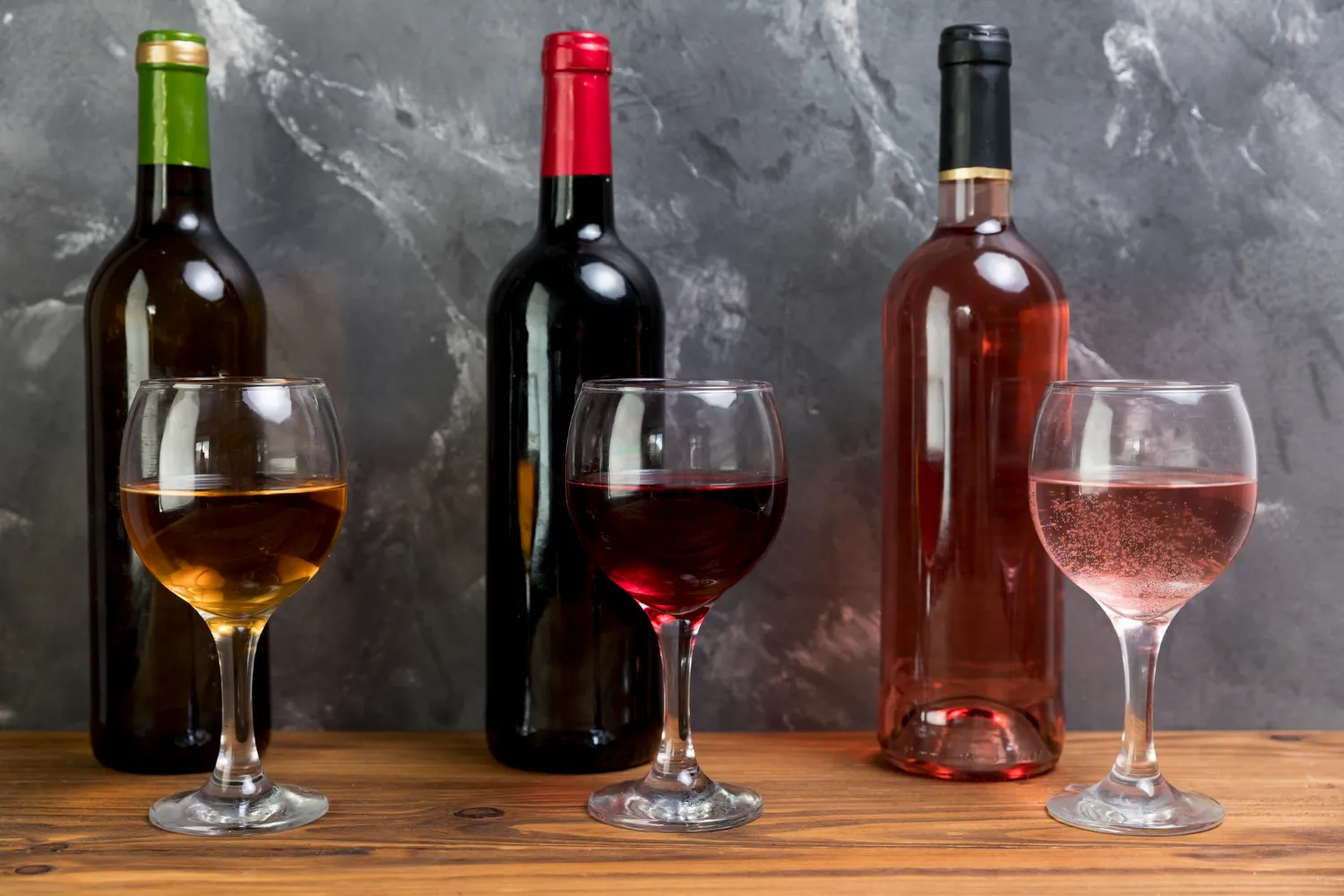Have you ever considered the impact of storing your wine in the refrigerator? While it may seem like a convenient option, refrigerators can actually be detrimental to the quality of your wine. The fluctuating temperature, exposure to light, and lack of humidity control can all lead to oxidation and spoilage of your wine. In addition, the vibrations from the refrigerator can disturb the sediment in the wine and alter its flavor. Instead, consider investing in a wine fridge or temperature-controlled storage to preserve the integrity of your wine collection. In this blog post, we will explore the various ways refrigerators can negatively impact your wine and discuss alternative storage solutions.
The Science of Wine Aging
Before we dive into how refrigerators can ruin the quality of your wine, let’s first understand the science behind wine aging. Wine aging is a complex process that involves a delicate interplay of chemical reactions and physical changes in the wine. Understanding this process is crucial in preserving the quality and flavor of your wine.
Natural Wine Aging Process
When wine is aged for a sufficient period of time, it undergoes a series of chemical changes that result in a transformation of its taste, smell, and consistency. Since wine’s tannins soften with age, the wine’s flavors can evolve and meld together. That’s why mature wines have a more complex and harmonious taste: the flavors have had more time to develop and integrate.
Influence of Temperature on Wine Aging
The temperature at which wine is stored plays a significant role in its aging process. Fluctuations in temperature can accelerate or hinder the aging process, ultimately impacting the quality of the wine. Here’s how temperature can influence wine aging:
| Temperature Fluctuations | Fluctuations in temperature can cause the wine to expand and contract, leading to the oxidation of the wine. This can result in off-flavors and a loss of complexity in the wine. |
| High Temperatures | High temperatures can cause the wine to age too rapidly, leading to the premature development of flavors and aromas. This can result in a loss of freshness and balance in the wine. |
| Low Temperatures | Low temperatures can slow down the aging process, causing the wine to lose its complexity and depth. This can result in a lackluster and uninspiring tasting experience. |
The Problem with Regular Refrigerators
Now, you may be wondering why using your regular kitchen refrigerator to store wine can be harmful to its quality. The answer lies in the fact that regular refrigerators are designed to keep your food at a certain temperature and humidity level, which may not be ideal for wine storage. This can lead to irreversible damage and spoilage of your precious wine collection.
Temperature Fluctuations
Regular refrigerators often experience temperature fluctuations due to their design for general food storage. These fluctuations can harm wine in several ways:
- Expanding and Contracting Wine: Wine bottles are sealed with corks, which are slightly porous. Temperature changes can cause wine to expand and contract, pushing the cork in and out. This movement allows air to enter the bottle, leading to oxidation and spoiled wine.
- Cooling Cycles: Regular refrigerators go through cooling cycles to maintain food freshness. These cycles can create unstable conditions for wine storage, with temperature variations of several degrees, harming wine quality.
- Temperature Zones: Different areas in a regular refrigerator have varying temperatures. This can result in inconsistent storage conditions for your wine, affecting its aging process.
Impact of Vibration
When you place your wine bottles in a regular refrigerator, they are subjected to constant vibrations from the compressor and fan. This constant movement can disturb the sediments in the wine, affecting its flavor and aroma. Over time, this can lead to a significant deterioration in the quality of your wine. By storing your wine in a regular refrigerator, you are essentially exposing it to unnecessary and harmful vibrations that can ruin its taste and structure.
Consequences of Incorrect Humidity
Your regular refrigerator is not designed to maintain the specific humidity levels required for proper wine storage. This can lead to the corks drying out and allowing air to seep into the bottles, which can oxidize the wine and cause it to spoil. Additionally, the lack of proper humidity can also lead to labels peeling off and mold growth on the corks, which can further deteriorate the quality of your wine. By subjecting your wine to incorrect humidity levels, you are risking irreversible damage and potential spoilage.







